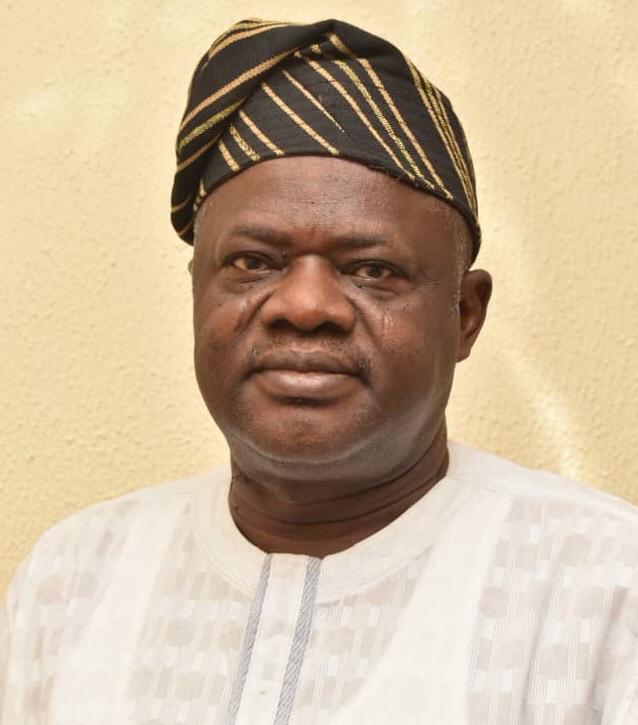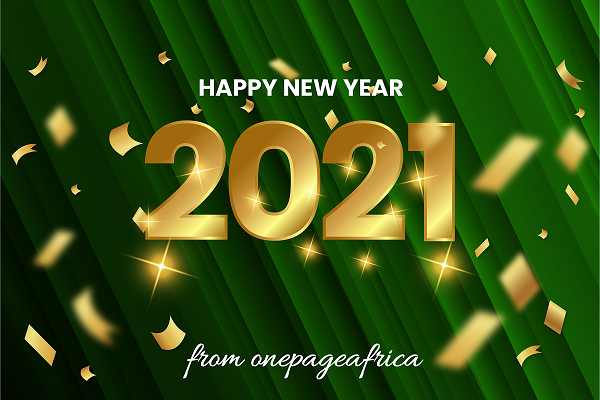On this edition of “Maritime Reality Check”, master mariner, Captain Ade Olopoenia, talks about the pains of Nigeria not having a national maritime transport policy , which should be the best guide to getting all plans and operations right for the benefit of the country’s maritime industry that holds the blue economy.
The gains of having such vital policy are huge and the mariner shares his insights on the issues concerned.
The story
Sub-sectors in Nigeria’s Maritime Industry have been working without frames mapped out within a National Transport Policy, thus making it difficult to achieve significant goals.
Different stakeholders over the last decade have continued to discuss the same issues of high cost of clearing goods at the ports, port congestion, difficulty in getting seatime training for cadets and more.
Speaking on the issue, a former President of the Nigerian Association of Master Mariners, Captain Sahib Olopoenia, observed that stakeholders had continued to recycle the same issues at conferences and other public gatherings without being able to provide answers.
He fears that the situation would remain the same until a national maritime transport policy comes alive for the industry.
He said: “I am sure if there was a workshop today and you ask people, they are going to be telling you the same issues like talk about the fact that the cabotage vessel financing fund has not been disbursed.
“It means that over the years Nigeria has not been able to tackle most of the problems in the maritime industry because, the same issues are recurring.
“And I believe that one of the reasons why we are in this position is that, there is no National Maritime Transport Policy.”
Olopoenia, who is also a retired Director of Safety at the Nigerian Maritime Administration and Safety Agency (NIMASA), expressed disappointment that rather than a policy to guide the industry sub-sectors, a draft document of the policy continued to surface close to two decades now.
“If there is no transport policy for a country, there won’t be a clear-cut direction. Then there would be policy flip-flops, whatever any person thinks he would do it.
“Somebody comes and say I want to establish something, the person would establish it. As soon as he leaves, whatever he has established is gone because, it is not a national policy. It is just a person’s idea,” Olopoenia said.
Post-COVID-19 lockdown, Nigeria must immediately consider making the draft a proper policy document, Olopoenia said, stating that “Once that one is placed, it means that all the sectors of the industry, all the agencies of government would now be working in relation to that policy document that government has.
“It is the policy that will make you do things the right way, consistent way. If you have your policy, you can now have the plan. When you have the plan, you have the strategy for implementation of the plan.”
Issues seeking immediate attention, Olopoenia said, include those of the Inland Container Deports (ICDs): “Many years ago, we were talking about ICD, Inland Container Deport. Can you imagine how much money was spent on that project? Where are we with that project now? The last time you heard of it was like three or four years ago. Nobody is talking about the ICDs again.”
Another issue of concern, Olopoenia said, is that after spending so much money to dredge the River Niger, there hadn’t been any significant economic use of the inland waterways.
He said “Many years ago too, we were talking about the dredging of the River Niger. The River Niger was dredged. Is there any movement on the River Niger in the real sense of it? After millions of Naira was spent to dredge the place. After that, there is nothing going on there.”
Then, a very disturbing one is the imagination that Nigeria, with so much traffic of cargo, cannot show her Flag anywhere in the world. “How can that be justified?
Using the Ethiopia-example that works with a national transport plan, the master mariner said the country still runs its shipping line and has operational dry ports even after separation from Eritrea, and becoming a landlocked country.
#AtTheMarinaToday


































































